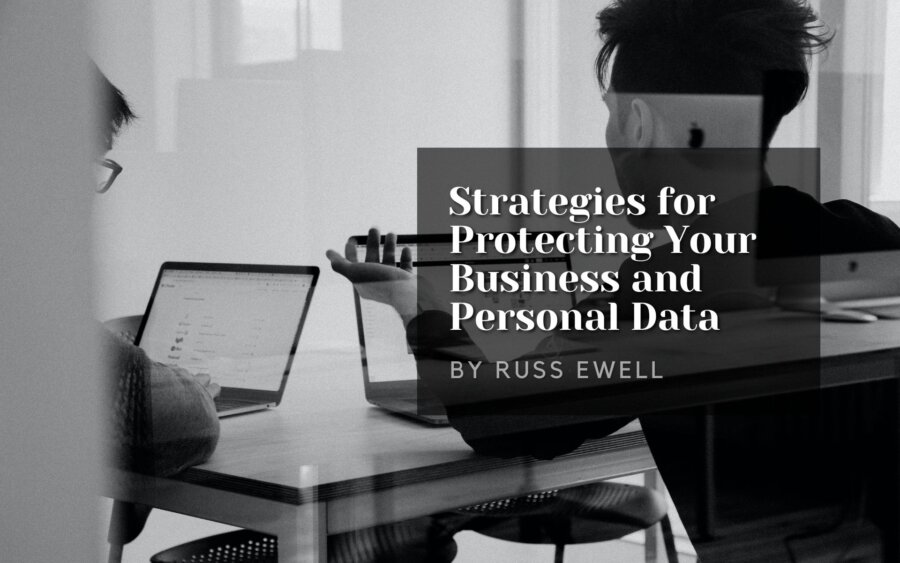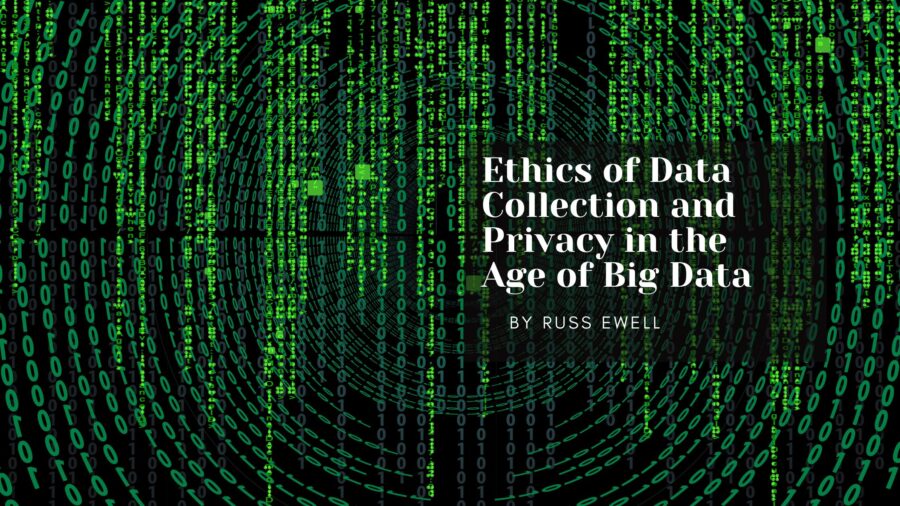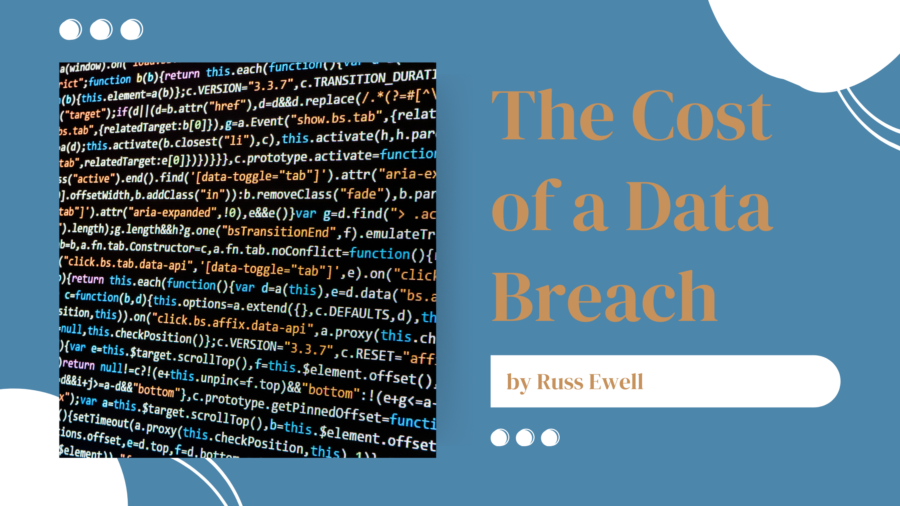In an era dominated by technology, the protection of your business and personal data is of paramount importance. With cyber threats on the rise, it’s crucial for everyone, regardless of their tech-savviness, to take steps to safeguard their sensitive information. In this blog, we’ll discuss some essential strategies that are easy to understand and implement.
1. Strong Passwords and Two-Factor Authentication (2FA):
- Passwords are your first line of defense. Ensure they are complex, with a mix of uppercase, lowercase, numbers, and symbols.
- Enable 2FA whenever possible. This adds an extra layer of security by requiring you to enter a one-time code sent to your mobile device or email.
2. Regular Software Updates:
- Keeping your operating system, apps, and antivirus software up-to-date is crucial. Updates often include security patches to protect against new threats.
3. Firewalls and Security Software:
- Install and activate a reputable firewall and antivirus program to prevent malware and viruses from infiltrating your devices.
4. Data Encryption:
- Use encryption tools to secure sensitive data. Encryption scrambles your information, making it unreadable without the proper decryption key.
5. Secure Wi-Fi Network:
- Set a strong password for your Wi-Fi network to prevent unauthorized access. Avoid using default passwords provided by your Internet Service Provider.
6. Regular Backups:
- Back up your business and personal data regularly to an external drive or a cloud-based service. In case of a data breach or hardware failure, you can recover your information.
7. Employee Training:
- Educate your employees about cybersecurity best practices. Human error is a significant factor in data breaches.
8. Phishing Awareness:
- Be cautious of unsolicited emails and messages. Verify the sender’s identity before clicking on any links or downloading attachments.
9. Privacy Settings:
- Review and adjust privacy settings on your social media accounts and online profiles. Limit the information you share publicly.
10. Physical Security:
- Protect physical access to your devices and sensitive documents. Use locks and safes when necessary.
11. Incident Response Plan:
- Create a plan outlining what to do in case of a data breach or cyberattack. This will help minimize damage and downtime.
12. Regular Audits:
- Periodically assess your security measures and update them as needed. Cyber threats evolve, so your defenses should too.
13. Secure Your Mobile Devices:
- Apply the same security principles to your smartphones and tablets. Use passcodes, biometrics, and remote wiping features.
14. Data Classification:
- Classify your data based on its sensitivity. Not all data is equally important, so allocate resources accordingly.
15. Third-Party Vendors:
- If you work with third-party vendors, ensure they follow robust security practices. Your data’s security is only as strong as your weakest link.
By implementing these strategies, you can significantly reduce the risk of falling victim to cyber threats. Remember that cybersecurity is an ongoing process, so stay vigilant and adapt to new challenges as they arise. Protecting your business and personal data is a shared responsibility, and with the right measures in place, you can keep your information safe in today’s digital world.



